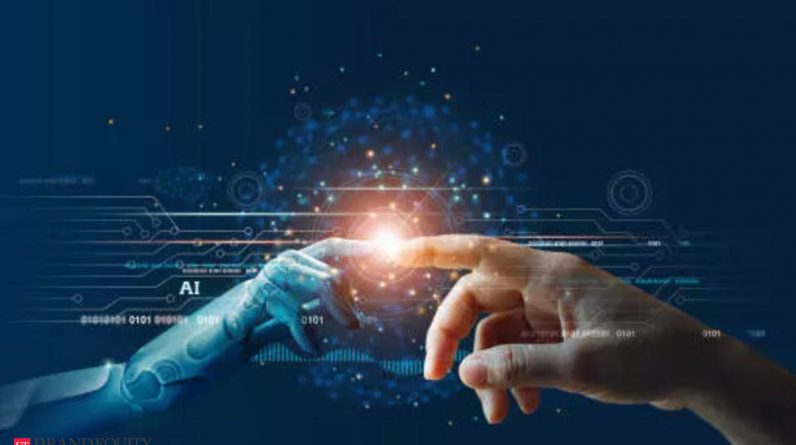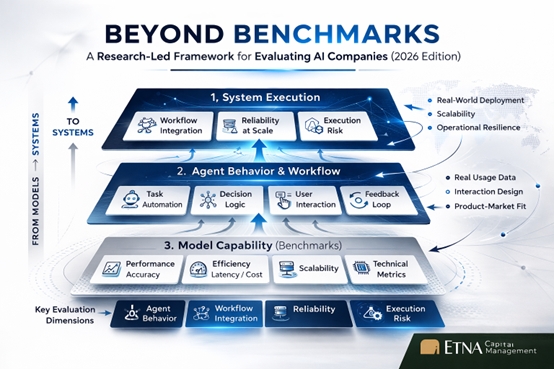
From data handling to customer retention, AI will save a ton of time by providing effective data analysis and automation. With a keen focus on integrating cutting-edge capabilities such as Natural Language Processing (NLP) for deeper insights and fortifying data privacy and security measures to instill trust, the author delves into the multifaceted potential of Salesforce CRM in empowering organizations to thrive amidst an increasingly dynamic and competitive landscape.
- Published On Mar 8, 2024 at 08:47 AM IST
Join the community of 2M+ industry professionals
Subscribe to our newsletter to get latest insights & analysis.
Download ETBrandEquity App
- Get Realtime updates
- Save your favourite articles
![]()
![]()
Scan to download App









